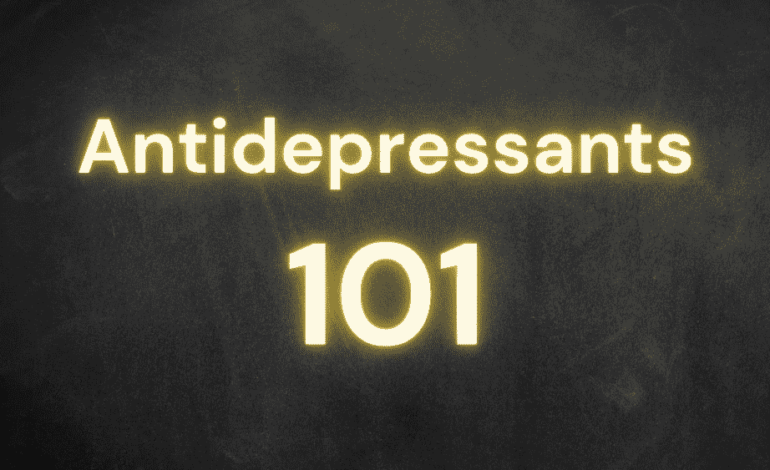“And after a long time the boy came back again.
“I am sorry, Boy,” said the tree, “but I have nothing left to give you-
My apples are gone.”
“My teeth are too weak for apples,” said the boy.
“My branches are gone,” said the tree.
“You cannot swing on them-“
“I am too old to swing on branches,” said the boy.
“My trunk is gone,” said the tree.
“You cannot climb-“
“I am too tired to climb,” said the boy.
“I am sorry,” sighed the tree.
“I wish that I could give you something… but I have nothing left. I am an old stump. I am sorry…”
“I don’t need very much now,” said the boy, “just a quiet place to sit and rest. I am very tired.”
“Well,” said the tree, straightening herself up as much as she could,
“well, an old stump is a good for sitting and resting. Come, Boy, sit down. Sit down and rest.”
And the boy did.
And the tree was happy.”
― Shel Silverstein, The Giving Tree
When we love someone, who is struggling with an addiction, we often give so much that we have nothing left for ourselves. We forget about our needs and wants because we want to protect our loved ones. We may hate their addiction, but we are so scared to lose this person that we make excuses for their reckless behaviors. We become the giving tree; we give more than we have and love the addict more than we love ourselves. We become the enabler and allow them to dig deeper and deeper into the throes of their addiction.
Helping vs. enabling
Enabling is defined as doing for others what they can do for themselves. This is different than helping, but often the boundaries between enabling and helping are blurred. Enabling protects our loved ones from experiencing the full impact and consequences of their behaviors. When we enable others, we allow them to become irresponsible. Helping involves doing for others what they cannot do for themselves to help facilitate them to gain control of their behaviors and life. Helping involves holding people accountable and responsible, while enabling involves covering up mistakes and making excuses. Enabling will worsen an addiction while helping can lead to a healthy recovery.
Lying for someone to protect them, giving someone money to bail them out of trouble, buying alcohol for an addict, making excuses for someone who relapsed, and taking responsibility for the other person’s poor choices and actions are all common examples of enabling. When we enable someone who is struggling with a substance use disorder, we are creating a negative dynamic in the relationship, and we are feeding his or her addiction. We are not only allowing the person to continue to use, but we are allowing this person to become dependent on others.
• Do you find yourself making excuses for someone else? “Oh, he was just sick today,” “She meant to turn it in, but she was just too busy,” “He was just blowing of some steam.”
• Do you regularly put your own needs second because someone else needs your attention? This is unhealthy adult behavior.
• Do you have a feeling (or know full well) that the behavior you are seeing is unhealthy or irresponsible?
• Have you lied (or routinely lie) for someone?
When you enable individuals who are struggling with an addiction, you are taking on a responsibility that is not yours, which can ultimately create resentment and lead to a very unhealthy and unbalanced relationship.
Tips to stop enabling
Stopping your enabling behavior can be incredibly difficult. You may feel like you are too harsh on your loved one, and you risk losing your loved one when you set healthy boundaries. However, it is important to remember that enabling is extremely dangerous. Although it may be hard to empower rather than enable, it is the right action to take when you are trying to support a loved one in recovery.
• Stop making excuses for your loved one
• Stop giving your loved one money
• Start holding your loved one accountable for their actions
• Stop taking over your loved one’s daily tasks
• Stop telling lies to cover up your loved one’s behaviors
• Confront your loved one about their addiction
• Stop bailing your loved one out of sticky situations
• Do offer to attend therapy and support sessions with your loved one
• Stop sacrificing your happiness for your loved one
• Stop putting your loved one’s needs before your own needs
• Continue to tell your loved one that you care for them
• Continue to have conversations with your loved one about their recovery journey
• Set clear and concise boundaries for both you and your loved one
• Allow your loved one to experience the consequences associated with their actions
• Stop solving your loved one’s problems
• Support your loved one’s recovery efforts
• Do not do things your loved one can do for himself
• Do not drink or use drugs with them
• Do not react to their poor behaviors
When you stop enabling and start holding your loved one accountable, you are becoming a pillar of support for their recovery journey.



